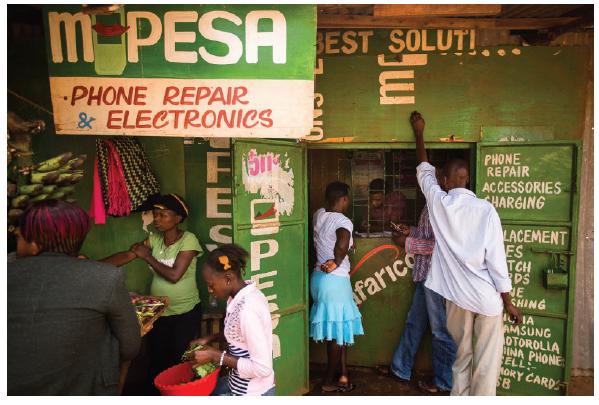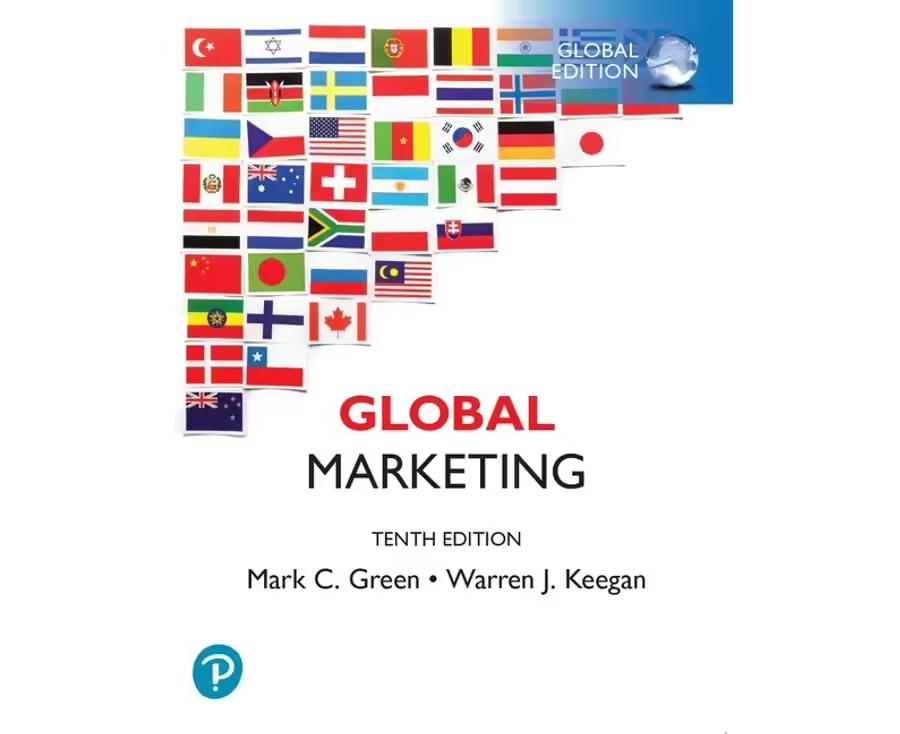Have you heard of the Cheetah generation? Heres a hint: Its the opposite of the Hippo generation.
Question:
Have you heard of the Cheetah generation? Here’s a hint: It’s the opposite of the Hippo generation. As you might infer, we are talking about Africa, a continent with 54 countries and a population of 1.03 billion. According to Ghanaian economist George Ayittey, the Cheetah generation is composed of fast-moving African citizens who don’t accept corruption and who believe that democracy and transparency lead to better governance. Cell phones are powerful tools for the Cheetahs; notes Michael Joseph, founder and former CEO of Kenya’s Safaricom, “The mobile phone has revolutionized lives and transformed society.”
Deregulation of the telecommunications sector has been driving that transformation, and market liberalization helps explain why Africa’s gross domestic product (GDP) growth rate is averaging between 5 and 6 percent. Overall, there are more than 650 million mobile phone subscribers in Africa; between 2000 and 2011, mobile use grew at an average annual rate of 41 percent. This explosive growth is easy to understand: Cell phones make life easier. In villages that lack running water and electricity, a cell phone is a person’s most important possession (see Exhibit 15-13). Improved communication has also led to increased economic activity; for example, a peasant farmer can check crop prices to determine where and when to sell his harvest. Africa’s widespread adoption of the cell phone and the explosive growth of the telecom sector there have also corrected a common misperception among global marketers—namely, that the market opportunity in Africa is limited because the people are “too poor” and it is “too risky to do business there.”

Questions
1. The United States and Latin America have been far slower than countries in Africa and Europe in adopting mobile payments technology. Why is this the case?
2. Further economic liberalization in Africa depends, in part, on government leaders overcoming suspicions that foreign companies want to exploit Africa. How quickly is this likely to happen?
3. If marketers “think local and act local,” what are some of the new products and services that are likely to emerge from Africa in the next few years?
Step by Step Answer:






